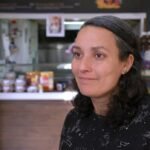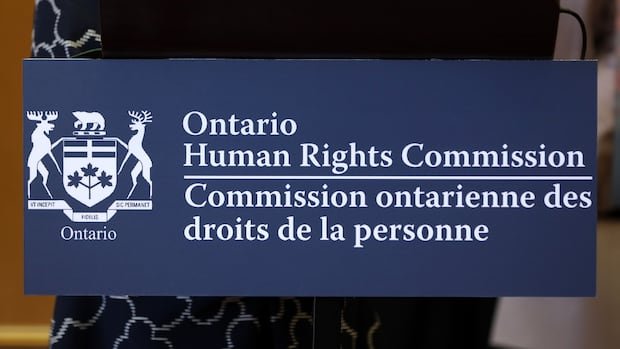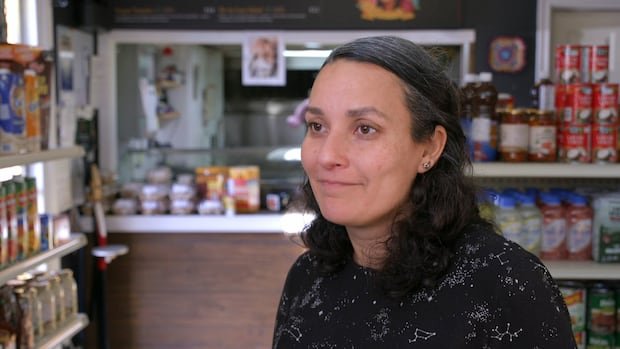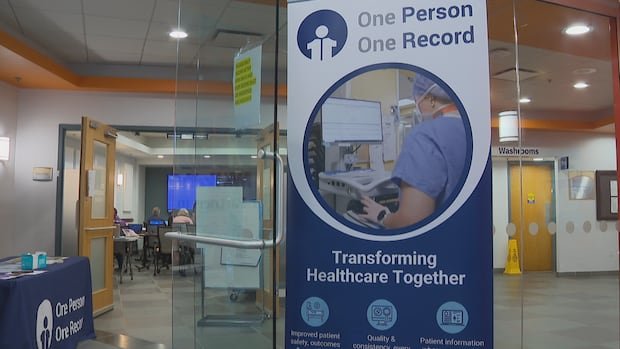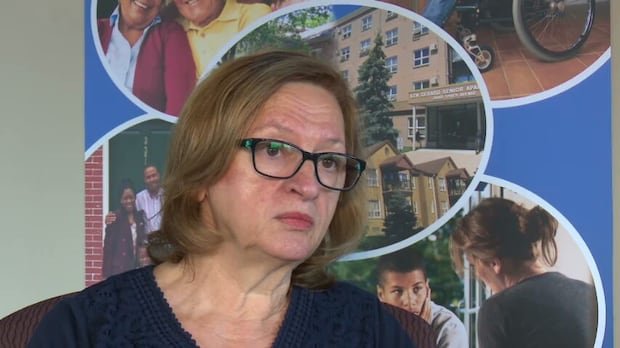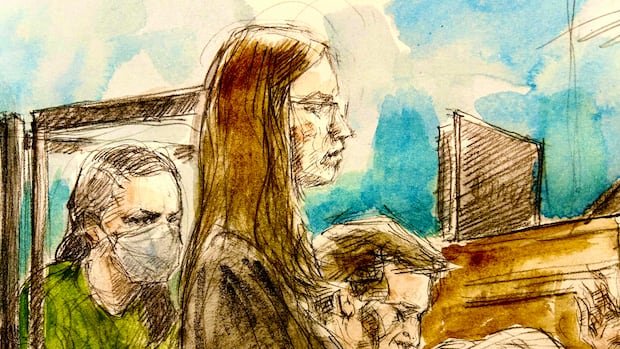A new policy declaration of the Ontario Human Rights Commission asks employers to hire specific indigenous positions to find ways to verify the indigenous identities of the candidates, with the help of indigenous communities.
Juliette Nicolet, director of policies, education, monitoring and dissemination in the Ontario Human Rights Commission (OHRC), said the policy declaration is an answer to the so -called indigenous organizations and people who have been advocating for the safeguards against the fraud of indigenous identity.
“The need for orientation was really highlighted by generalized reports of indigenous identity fraud alleged and proven throughout Canada … by non -indigenous people and, in response, people asked for action,” Nicolet said.
“We thought it was essential that hiring practices and policies for specific indigenous positions include a process to confirm indigenous identity statements in alignment with [human rights code] obligations “.
The Indigenous Specific Hiring Policy Declaration was published in May. Confirms that the hiring of indigenous employees for specific indigenous positions is allowed under the Ontario Human Rights Code and Call employers who establish processes of indigenous identity verification in consultation with local indigenous peoples.
Nicolet said that the cases of misrepresentation of indigenous identity have taken to public attention for years and the damage it does to indigenous peoples “cannot be minimized.”
“These [fraudulent claims] They are harmful practices that, in the opinion of the Commission, can constitute a non -compliance with trust and threaten the integrity of special programs and special employment positions that are specifically destined to support indigenous people and address the disadvantages resulting from discrimination, “Nicolet said.
Nicolet said the goal is for employers to communicate with indigenous communities to start a conversation.
Employers have ‘obligation and right’ to verify identity
Maurice Switzer, citizen of Mississaugas de Alderville First Nation, was in the Indigenous Reconciliation Advisory Group of the Policy Development Commission and asked OHRC in 2018 to focused its attention on this issue.
The representatives of the Association of Native Women of Ontario and the Federation of Indigenous Friendship Centers of Ontario also participated in the creation of the Policy Declaration and the Context Guide.
Switzer said employers can feel uncomfortable having conversations about verification because standard hiring practices can make it inappropriate or illegal ask about identity and culture by interviewing candidates for work.
He said that the purpose of politics is to strengthen employers that they have an “obligation and right” to ensure that the person they hire for a specific indigenous position is, in fact, indigenous.
“It is not the place of a colonial institution to tell people how to determine indigenous ancestry or what it is … that depends on our communities,” Switzer said.
He added that politics underlines this fact, making clear the need to commit to indigenous communities and build relationships.
“Many people, I think that with the best intentions, they have thought that they were contributing to the advancement of the consciousness of indigenous peoples … but to do it in a way that is not legitimate or dishonest, that really undermines much of what they may have achieved and throws a graduate on indigenous peoples,” he said.
‘A very uncomfortable discussion’
Gabriel Maraccle, an assistant professor at Carleton University in Ottawa, said it is good to see OHRC, universities and other institutions starting some type of verification policy.
Together with Amy Shawanda, he was co -author of a recent report from the Yellowhead Institute on indigenous identity fraud at the Academy.
Maracle, who is from Tyendinaga Mohawks of Quinte’s bay, hopes that organizations that have been “in the fence” about the implementation of verification policies become more proactive.
“This is a very uncomfortable discussion to have,” he said.
“The next step is like, ‘Ok, well, we have put these protection measures now, what do we do with respect to the things we happened?’
“We are trying to place train tracks while the train is going down.”
Shawanda, who is anishinaabe of Wiikwemboong territory without ceded, is an assistant professor at McGill University in Montreal. She said she sees the need for specific indigenous hiring policies.
“We have the OHRC now where we can trust,” he said.


